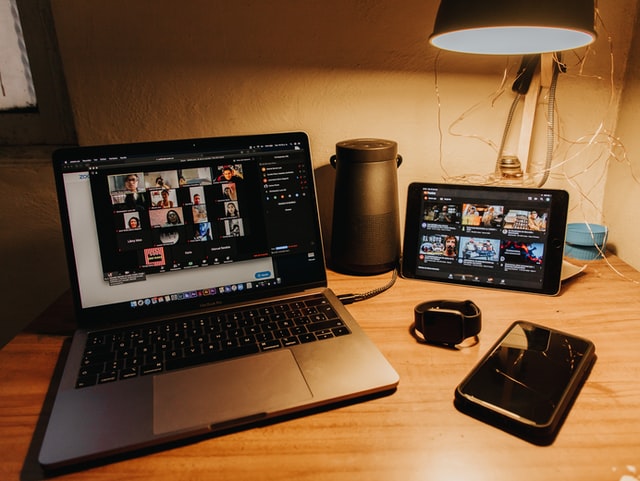Maintaining healthy relationships near & far: Reflection, then action


As COVID-19 lockdowns attempt to separate the infected from the healthy, they have also divided people from interacting with their friends, family, and neighbours. Abiding by the stay-at-home order, people are limited to in-person interactions with their household and rely on technology to connect with the outside world.
COVID-19 has had an overt impact on people’s physical health, but the pandemic’s toll on mental health travels incognito, provoking feelings of disconnection, isolation, and a decreasing sense of hope to return to normal.
Speaking from personal experience, depression, anxiety, and isolation are looming due to the limits on socialization prompting inconsistency in building or maintaining connections.
My online interactions with friends and family have been limited because I lack the energy to engage with others. Even while living with my family, I cannot muster the energy to interact with them on a daily basis.
This has resulted in spending my days locked away in my room attempting to tackle entire course loads, getting fed up, and playing video games well into the night. But this isn’t entirely true.
I have maintained a workout and healthy eating routine, I have coffee with my parents on the weekend, and I’ve limited my Downton Abbey bingeing to one episode a day; I don’t give myself enough credit.
My point is that the pandemic is going to continue for several months and we need to re-establish healthy relationships with those who we cannot see in-person, those we live with, and ourselves.
Often, though, our interactions are influenced by how we treat ourselves and working backwards from giving love to oneself can help our other relationships flourish. However, the key to all relationships is honest communication.
Journaling has been a saving grace for me; it is a medium that allows you to get thoughts out of your head, onto paper, and then take a step back to reflect. Our intimate thoughts can be too much for us to describe to another person and, therefore, we must confide in ourselves.
However, we must be honest with ourselves. Self-deprecation is not honesty, but neither is egocentrism. Give yourself credit where credit is due and acknowledge where you need improvement.
The beauty is that no one has to read these but yourself, and keeping a record of your thoughts can help you reflect when another set of thoughts arise. Thoughts are not always problems, sometimes they can just be thoughts.
Redeveloping the connection with yourself can help you reflect on the other aspects of your life that are lacking fulfilment. Currently, the pandemic has brought great dissatisfaction to people’s social lives.
You may choose to confide in others as a way of reinvigorating your connection with them, but this is not necessary. We can be honest through our intentions and actions.
Taking the time to stop and chat, share a meal, or go on a walk will not only improve your connection but will help your mental health. By getting away from work and engaging in quality time, you are being productive by helping your brain relax.
It’s crucial to find a balance between in-person and virtual connections so as not to neglect one or the other, and find fulfilment in both methods of interaction.
While “it’s just not the same” interacting with people online, technology has given us the gift of virtual interaction through text messaging, video chatting, and online gaming (i.e. chess).
You don’t need to use social media to connect with friends; finding online activities or setting up a virtual coffee chat is effective and arguably more intimate. As well, some people don’t like using social media, so take into account that others are not checking their Instagram feed and you may need to reach out directly or through another platform.
There is no requirement for how much or how often you should connect with people, but making an effort to connect with yourself, your household and your friends and family afar, can improve your mental well-being.
I can personally attest to these methods of interaction, but I admit that I have fallen off my horse various times, however, it’s not important how many times you fall off, but how you can pick yourself back up.

